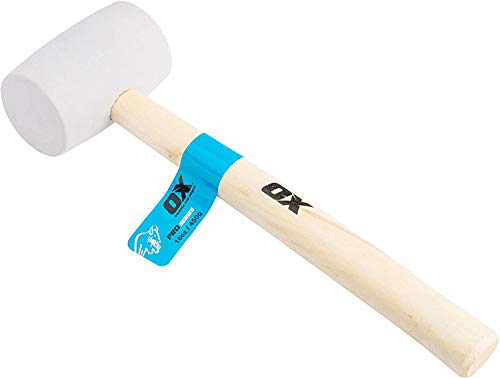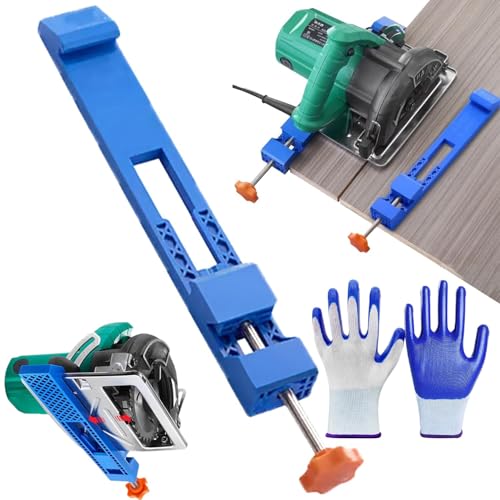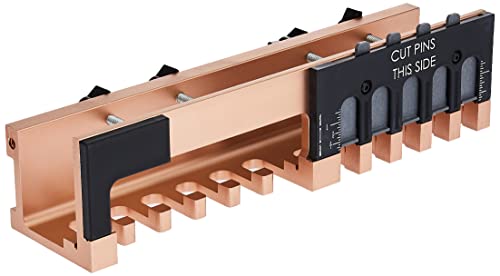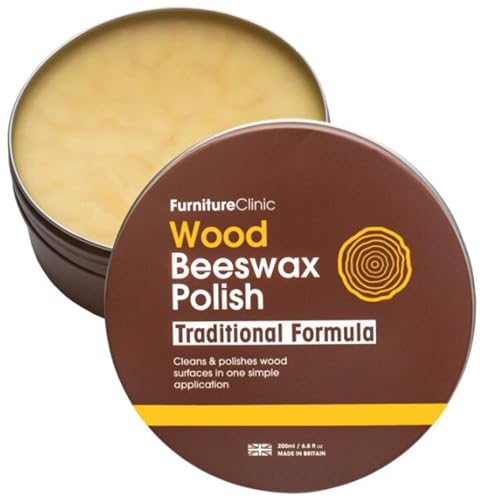
Woodworking: Discover the Tricks of a Pro
Wood is one of the most noble and versatile materials in DIY. From small decorative projects to impressive furniture, knowing the tricks to work with wood like a pro not only guarantees better results but also transforms your ideas into unique pieces. In this article, I'll reveal the woodworking tricks you need to master this art, with practical techniques, recommended woodworking tools, and tips that will turn you into a true master carpenter.
Basic Carpentry Tools
Having the right carpentry tools is essential for any project. Here's a list of the essentials:
Hand tools
Saws: For precise cuts. Recommended: Japanese saws.
Carpenter's planes: Ideal for leveling surfaces and adjusting joints.
Formones: Perfect for carving or making lace.
Files and rasps: For fine finishing on curves and edges.
Hammers: One carpenter's and one rubber to avoid damaging the wood.
Power tools
Electric drill: Versatile for drilling and screwing.
Keyhole saw: For curved and detailed cuts.
Orbital sander: For a smooth, professional finish.
Milling machine: Ideal for precise decorations and grooves.
Table saw: For fast and accurate cuts in large planks.
Techniques and Tricks for Working Wood Like a Pro
1. Preparation of the material
The quality of the wood largely determines the outcome. It is essential:
- Select wood appropriate for the project (pine, oak, cedar, etc.).
- Dry it properly to avoid deformation.
- Identify and work with the grain to avoid chipping.
Measure and plan accurately
An old carpenter's saying: "Measure twice, cut once«. Use tools like metal rulers, set squares and compasses to make sure everything fits perfectly.
Perfect cut
Use cutting guides or templates. Make sure to maintain the correct angle and use sharp saw blades to avoid splintering.
Solid and durable assemblies
Cola of Milan: Ideal for drawers and furniture.
Tenons and grooves: A classic and resistant union.
Concealed screws: For a clean, professional finish.
Impeccable finishes
Sandpaper in different grits (coarse to fine).
Apply stains to highlight the wood grain
Protect with varnishes or waxes
Pros and cons of woodworking
| Pros | Contras |
|---|---|
| Versatile and durable material. | Requires specific tools. |
| Easy to customize. | Humidity can damage it. |
| Aesthetically warm and elegant. | Finishes require maintenance. |
| Suitable for large and small projects. | It can splinter if not worked correctly. |
| It is renewable and sustainable (if managed correctly). | High price for fine woods. |
FAQs – About Woodworking Tips
Conclusion
Mastering woodworking not only improves your skills but also opens up a world of creative possibilities. With the tools, techniques, and tips we've shared, you'll be ready to take your DIY projects to the next level. Let's get started!
Recommended complementary entries from Bricoplan
- Basic Carpentry Tools in a Professional Workshop
- Circular Saw vs. Jigsaw: Which One to Choose?
- Western and Japanese Chisels: Which One to Choose?
- Best Milling Machine Quality Price
- Best Electric Drill Quality Price of the year
- The Best Japanese Saws 2025: The Ultimate Guide
- The 7 Best Orbital Sanders: The Ultimate Guide
- Best Miter Saws Quality Price
- The 5 Best Circular Saws: The Ultimate Guide
- Best Electric Wood Planer: Complete Guide
- 15 Basic DIY Tricks That Will Transform Your Home
- How to Make an Affordable Wooden Pergola
- The Secrets of How to Paint Like a Professional








































![Tolux Espiga de Madera 10x50 [mm] Pack de 50 piezas, Clavijas de ...](https://m.media-amazon.com/images/I/31lOjH-OXSL._SL500_.jpg)

![Tolux Espiga de Madera 10x50 [mm] Pack de 250 piezas, Clavijas de...](https://m.media-amazon.com/images/I/31Dup0OakqL._SL500_.jpg)












